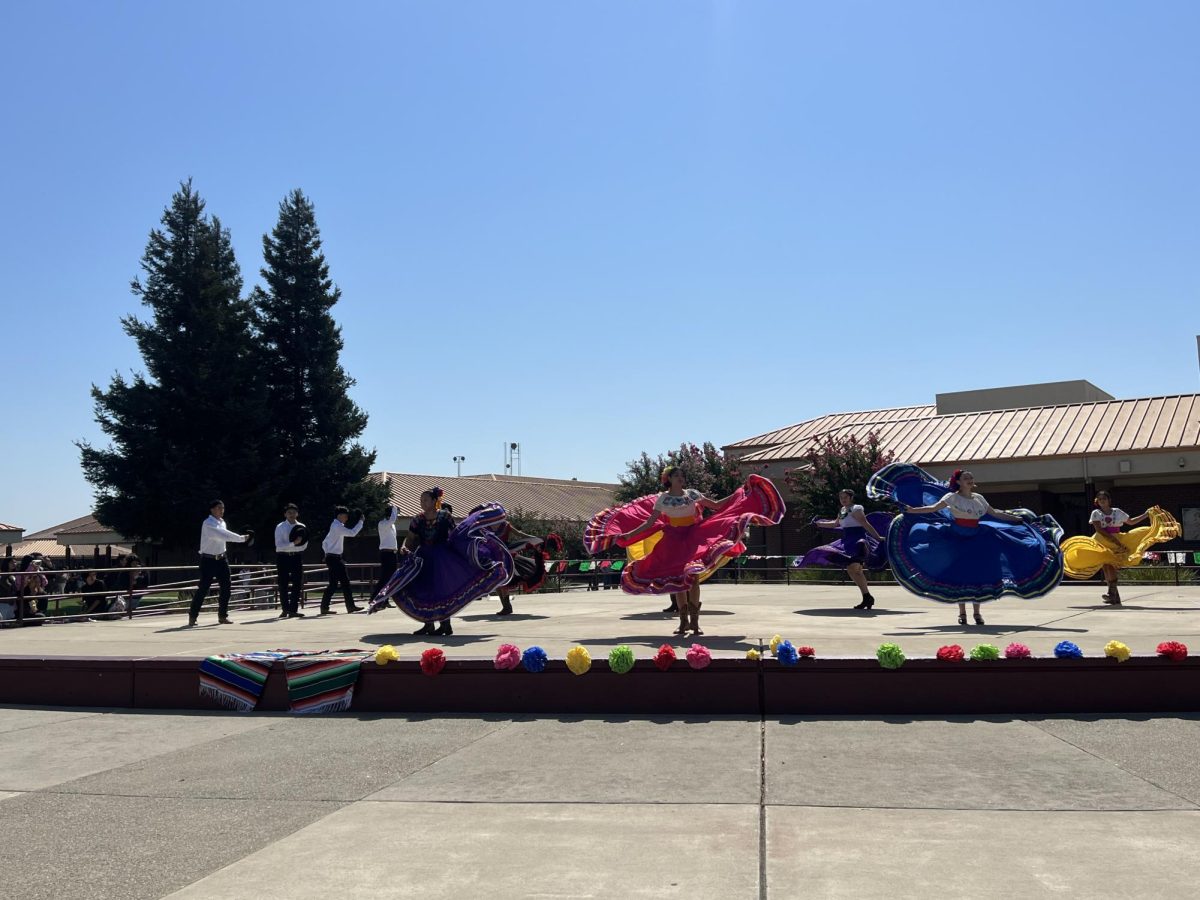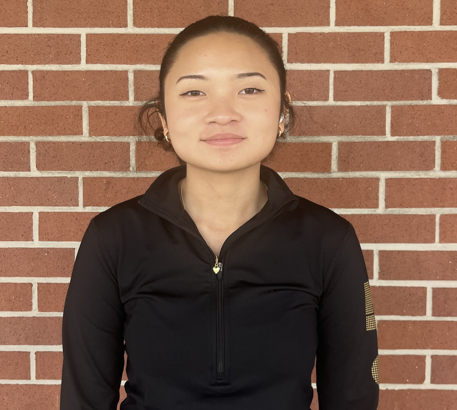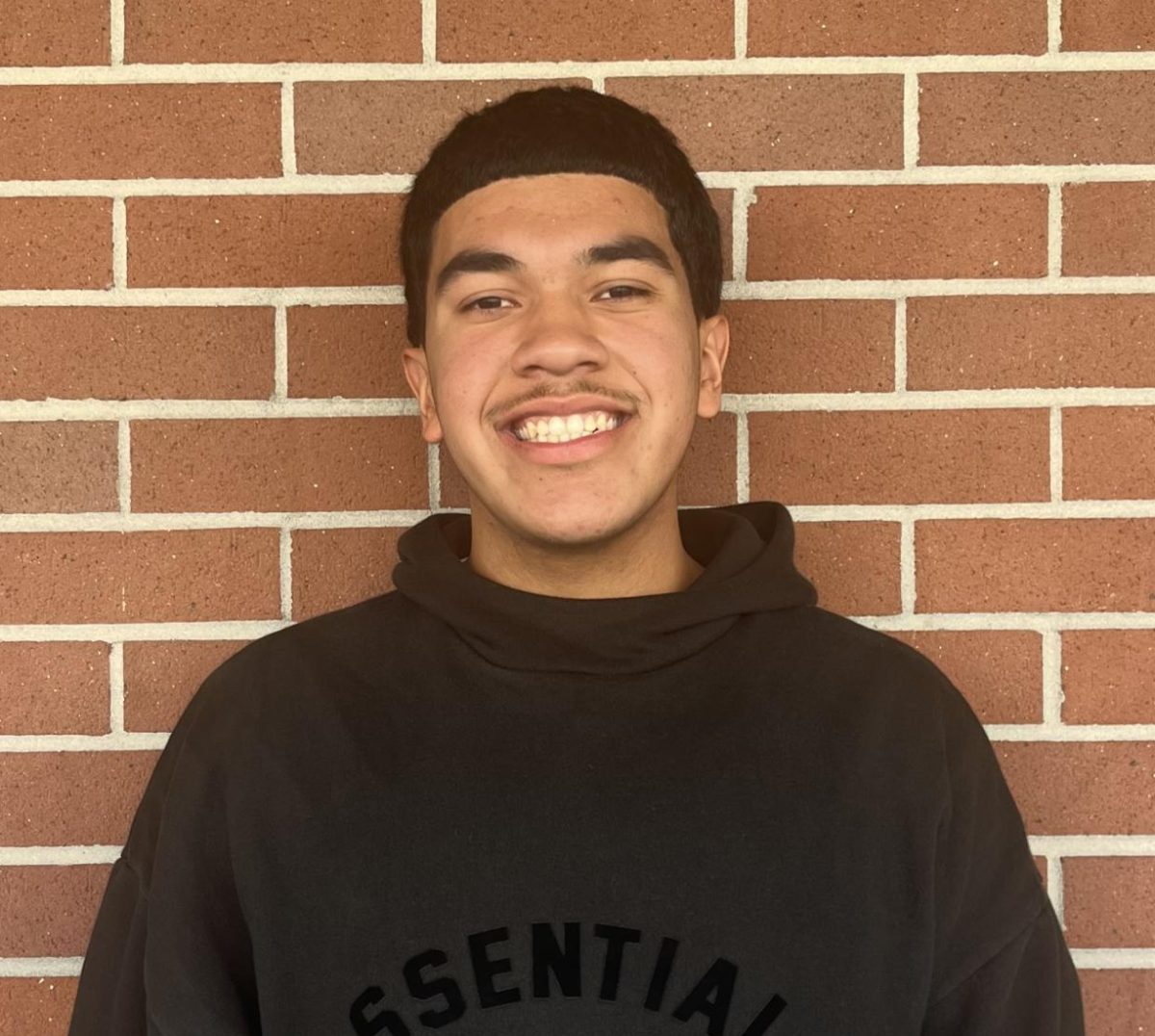What it is like Working in a COVID-19 hospital
As America’s cases of positive COVID-19 patients rise dramatically, so does the workload for many nurses and doctors. We often talk about the patients and what we think about the hospitals and clinics handling them from our perspective; however, how is it like from theirs? What do they think about all this? What are their opinions? How is it like working so closely with the virus affecting millions and killing thousands?
Many who work at “DaVita Yosemite Street Dialysis Center” in Manteca stated that at first, it was fearful working at a COVID clinic due to the lack of knowledge of what it is and what to do to protect from it.
“In the beginning, I was scared because I didn’t know much about COVID, and I did one administrative section and testing.” said an AA from DaVita, Cynthia Deloney.
Robert Valenzuela, an FA there, says similarly, “At first it was scary, especially in the beginning, but over time we got more reliable data. After knowing that, over time, I felt more confident. I feel like I have more knowledge.”
Another staff member, Raman Sandhu, an RN, said, “At first everyone was panicking, no one wanted to work.” She continues to say that “most news articles are exaggerating it.”
Haythem Aljoudi, an MD from Dameron Hospital in Stockton, disagrees with this. Aljoudi claims, “I don’t think they are exaggerating, but the problem with social media, more than with the news, a lot of people speak about it who don’t really know what it is- or don’t know anything about it or don’t know any facts about it, but they post on the social media and a lot of people don’t know that the people posting-are just posting without knowing anything. This creates fake ideas, fake facts about the virus. It is real, it is somehow serious, but we should leave the facts and the official news to the people who know what it is, who are dealing with it, and make it only through the formal channels.”
I was also able to get a further glimpse of how it is like working directly with COVID-19 patients and the type of effect it has on the workers.
Gagandeep Kaur, a Kidney Support Educator from DaVita, said, “At first, we panicked. It was so stressful, panicky. Your brain and body both get tired of the pressure and stress because you don’t know what you’re dealing with. It’s stressful. By the end of the day, you just want to go back to your family safe.”
Dr. Aljoudi states the same, “It is a little stressful, but you get rewarded back when you help people, and they get cured.” When asked why it’s stressful,” he stated, “Because you’re always worried that you can catch the virus, contaminate yourself, and not only worry about yourself, but also when you go back home and transfer this to your family, your kids, or other patients. So, you’re always under the stress that you could be the way the virus can also get to other people. So, you try not to, and that by itself is a stress.”
In a way, it’s also sad, and when telling patients they have the virus, it puts an emotional toll on the staff.
When asked, “How does it feel like when you tell patients that they’re positive or negative?” Ms. Kaur stated, “When you tell them they’re negative, they have a huge face of relief. If you tell them they’re positive on the phone, it’s not that bad because you can’t see their faces and facial reactions. You can only feel their emotions, but it’s more heartbreaking if you tell them in person. It’s terrible. It’s a terrible feeling. It’s even more heartbreaking when you see that you cannot let the family see them. You can’t understand the pain they go through.”
Lastly, a staff member from the county hospital gave us a considerable glimpse of what it’s like working with a larger amount of COVID patients. Several staff members stated, “It was scary initially because there were no processes in place except for what the nurses and doctors were to do. Then there was a shortage of protective gear, so most staff outside the patient care areas were not wearing anything. Then we started seeing bodies on gurneys pass by our office to get to the refrigerated trucks. That freaked a lot of staff out. The staff started to panic and called in sick a lot. As the pandemic progressed, clinic and hospital (these are the ones that do see patients, COVID, and non-COVID) started slowly coming up positive, and then whole depts were positive. Now that we are more aware of how things are contracted and we all are putting forth more due diligence in protecting ourselves and others, most of the panic and stress in the office working areas have calmed down a lot.”
As one can see, this pandemic has a substantial emotional and physical toll on the staff members of hospitals and clinics. We don’t know this point of view often. Most of the time, it’s always what the patients go through and our opinions and thoughts on the hospitals taking care of this. However, with this new perspective, you can see that it’s genuinely stressful and fearful for nurses and doctors. We can see what they go through daily and how it’s truly like working so directly with the virus.







